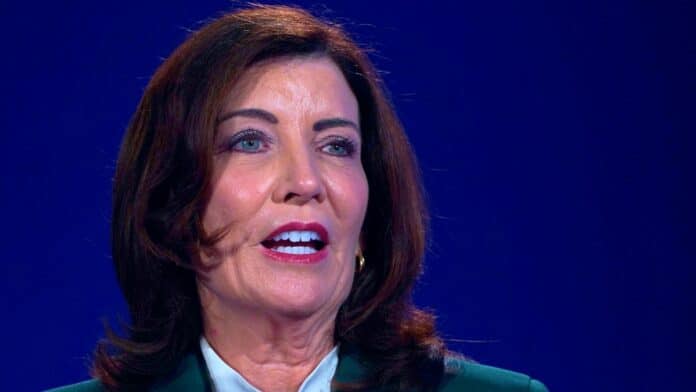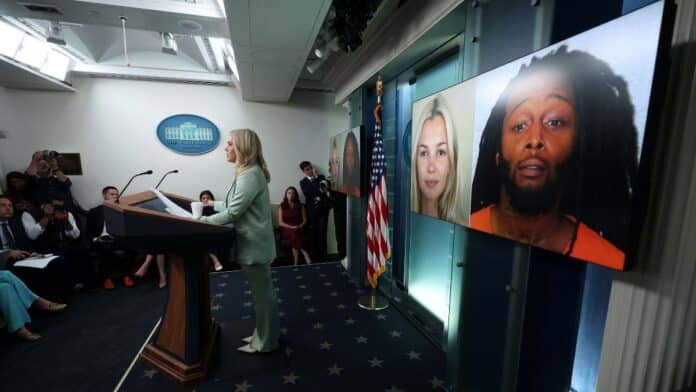Former members of Jewish Voice for Peace (JVP) have launched a new student organization called the Anti-Zionist Jewish Student Front (AJSF), promoting a more extreme anti-Israel agenda. The group explicitly supports the “dismantling of Zionism in its entirety” and embraces the Palestinian Thawabit ideology, which denies Israel’s right to exist and calls for the full “liberation” of all land now constituting the Jewish state.
AJSF accuses Zionism of being a “white supremacist weapon of war” and calls for Zionism to be criminalized. The group’s launch statement urges confrontation with “Zionist institutions on campus,” demands full divestment from Israel, and commits to resisting “genocide and apartheid.” It also condemns Israel’s response to Hamas’s October 7, 2023 terrorist attack, framing it as genocide while labeling the attack itself as legitimate “resistance.”
The group’s Thawabit-based platform includes a call for the right of return for all Palestinians, the redefinition of Jerusalem as a Palestinian capital, and support for resistance “in all its forms.” This echoes long-standing goals of groups hostile to the existence of Israel and rejects a peaceful two-state solution.
The Anti-Zionist Jewish Student Front distances itself from JVP by criticizing it as too moderate. JVP, while itself often condemned for anti-Israel rhetoric, has drawn internal criticism for engaging with liberal Zionist organizations. AJSF sees such engagement as a betrayal of its mission and a compromise with what it describes as a “genocidal” ideology.
Campus observers note that AJSF’s language and goals mirror the rhetoric of groups that have publicly celebrated Hamas and Hezbollah. The group does not merely oppose Israeli policy but frames Israel’s existence as inherently illegitimate. It treats support for Israel, or even Jewish self-determination, as oppression. Their public statements call for the eradication of Zionism through academic, legal, and activist means.
This development follows a year of escalating anti-Israel activism on college campuses, where Jewish students have reported growing harassment. Institutions such as Harvard and Columbia have already faced federal investigations for failing to protect Jewish students under Title VI of the Civil Rights Act.
The emergence of AJSF highlights a deepening ideological shift among campus activists who no longer cloak their anti-Israel positions in terms of policy criticism. Instead, groups like AJSF aim to eliminate the Jewish state entirely, while wrapping their message in the language of anti-racism and decolonization.











